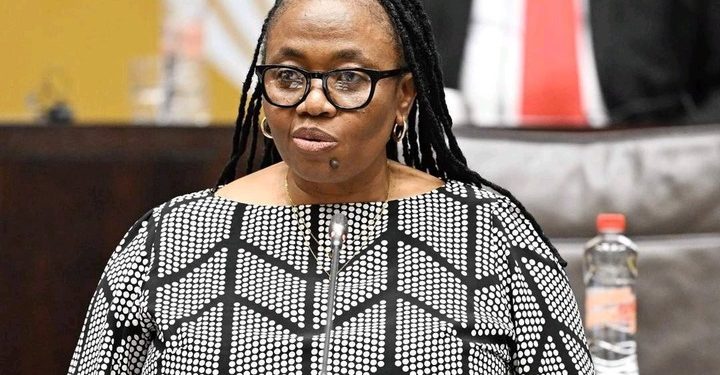The Democratic Alliance (DA) has demanded answers after the Manufacturing, Engineering and Related Services Sector Education and Training Authority (MERSETA) paid its board members R6.29 million in the 2023/24 financial year—with the chairperson alone receiving R924,000. The DA has linked these high payments to the initial appointment of Buyambo Mantashe, son of ANC chairperson Gwede Mantashe, as MERSETA chair.
DA MP Letta Matlhodi Maseko has called for an Auditor-General investigation into SETA board salaries and performance, arguing that public funds must be spent responsibly. The controversy began when a leaked list in May 2025 revealed that Higher Education Minister Nobuhle Nkabane had appointed Buyambo Mantashe as MERSETA chair. Following backlash from the DA and EFF, the minister withdrew the appointments on 15 May and announced a new seven-day nomination process, to be overseen by an independent panel for fair and transparent selections.
MERSETA has been without a permanent Accounting Authority since March 2025, with CEOs temporarily handling governance—a situation critics say weakens oversight and creates conflicts of interest. Industry leaders in plastics, engineering, and manufacturing warn that the leadership vacuum could harm MERSETA’s ability to deliver essential skills training.
The dispute has fueled concerns over political interference in public institutions. Stakeholders insist that appointments must be merit-based, transparent, and aligned with the Skills Development Act to restore trust.
As MERSETA plays a key role in South Africa’s skills development, the Department of Higher Education and Training’s next moves will face scrutiny from Parliament, watchdog bodies, and the public. The crisis highlights broader challenges around governance, ethical leadership, and the need for accountability in state institutions.






















